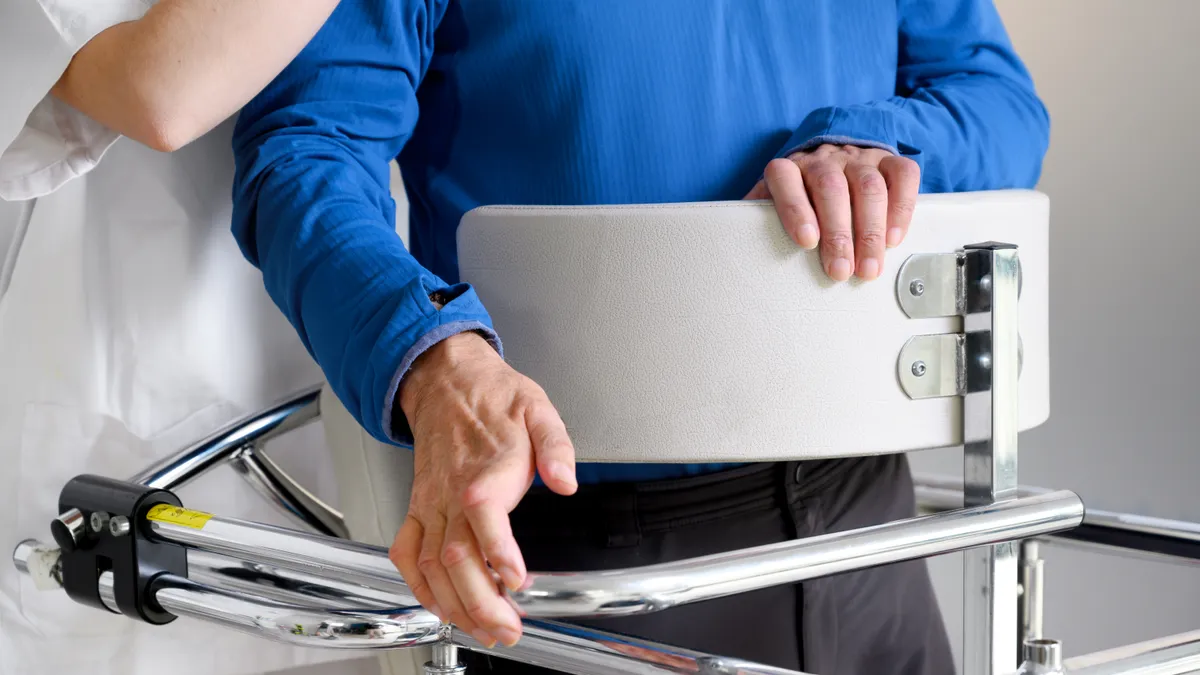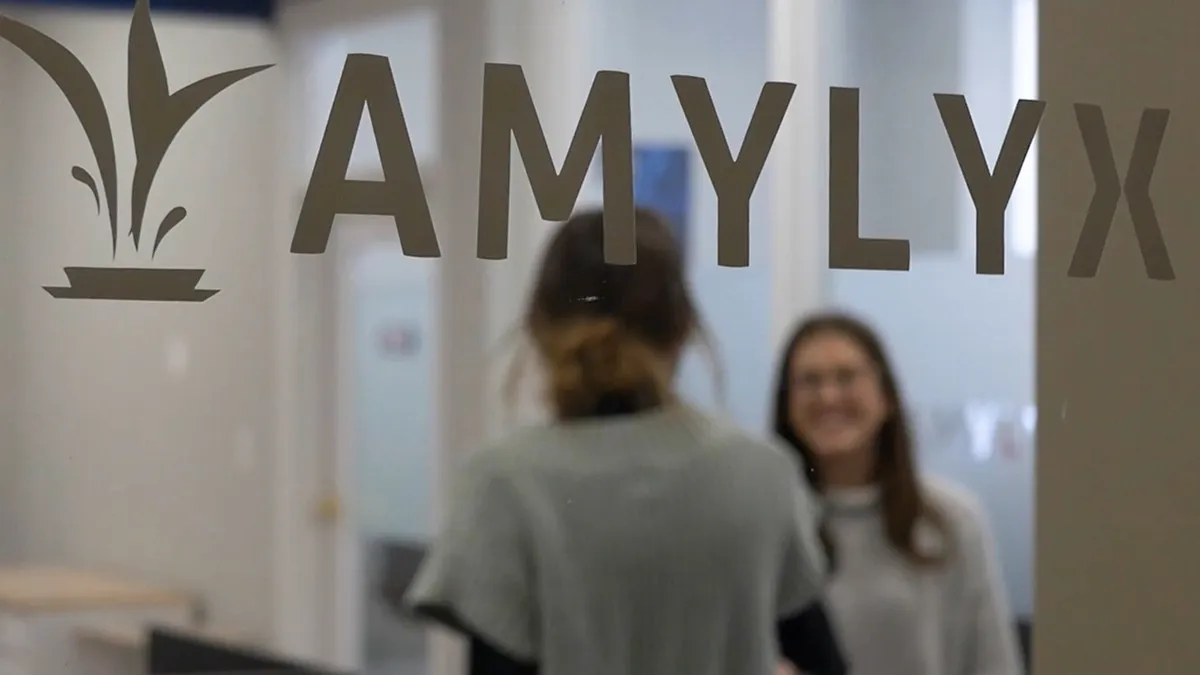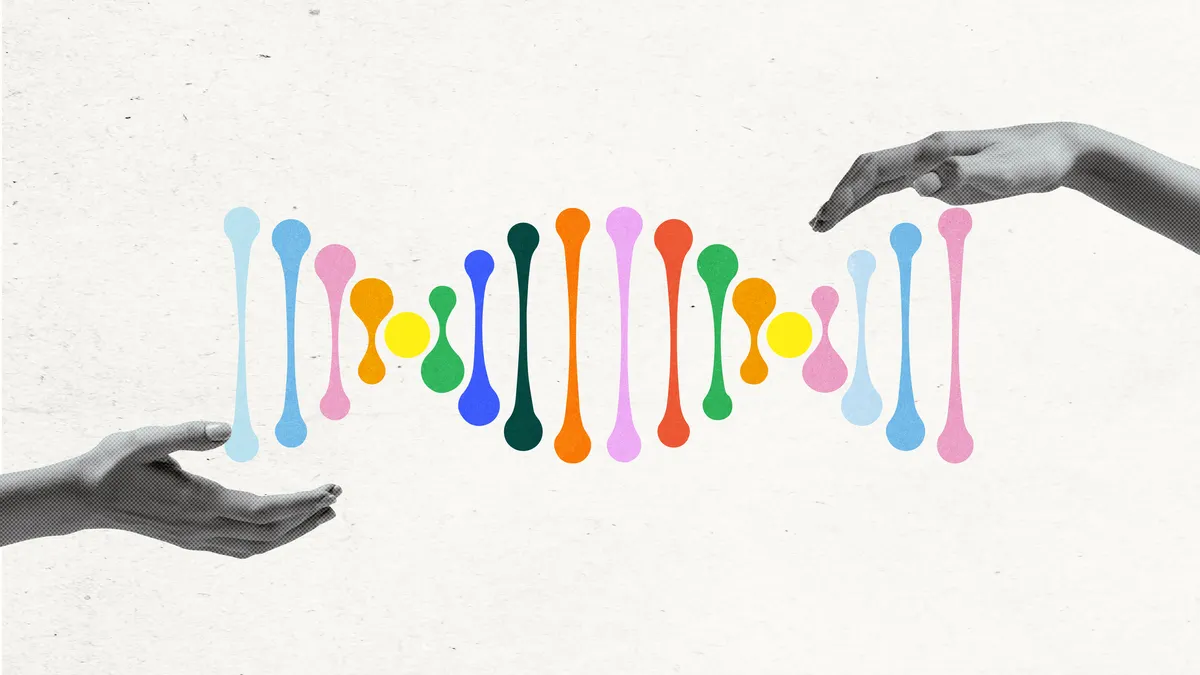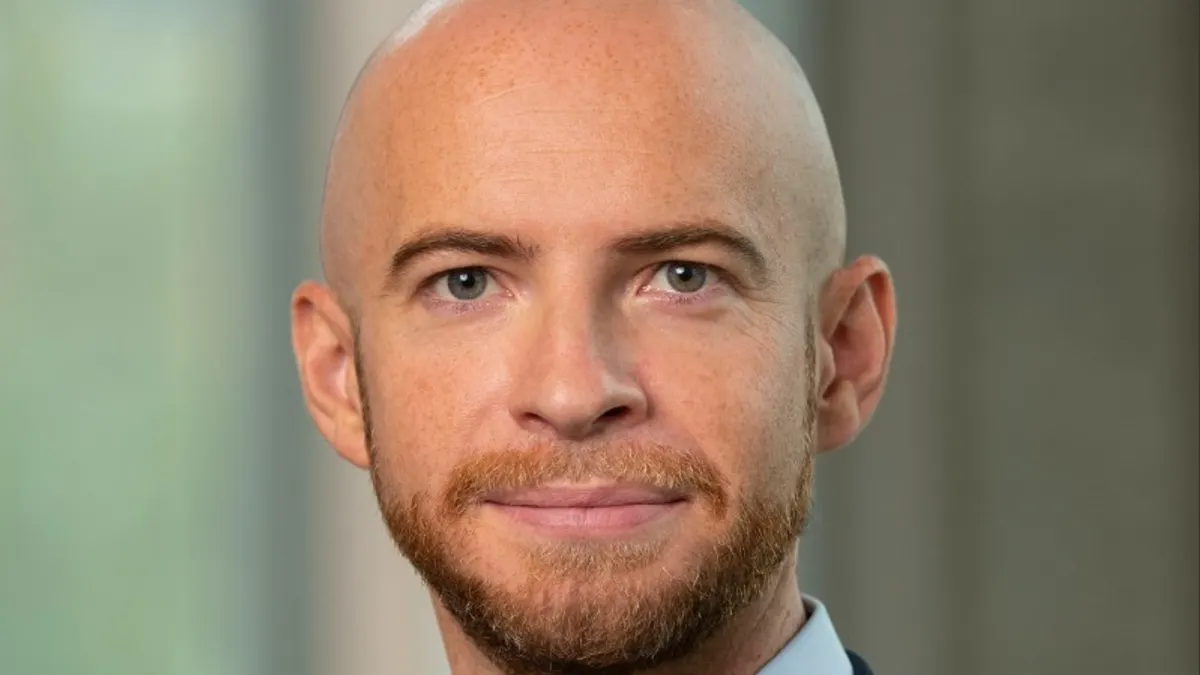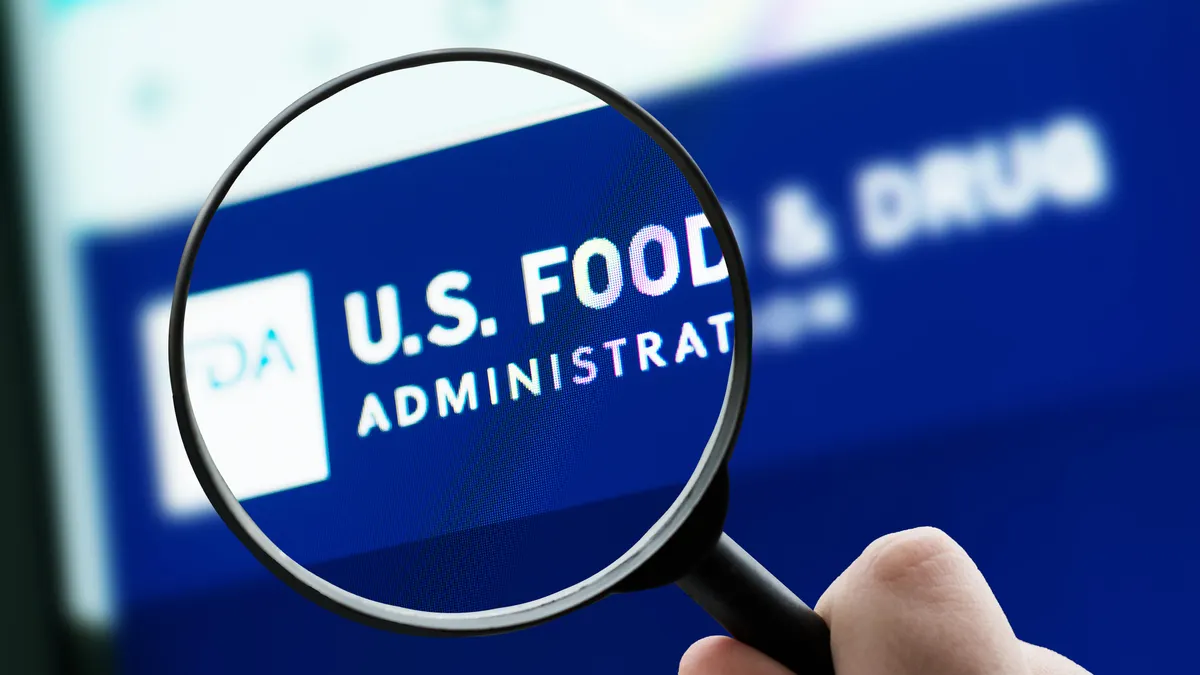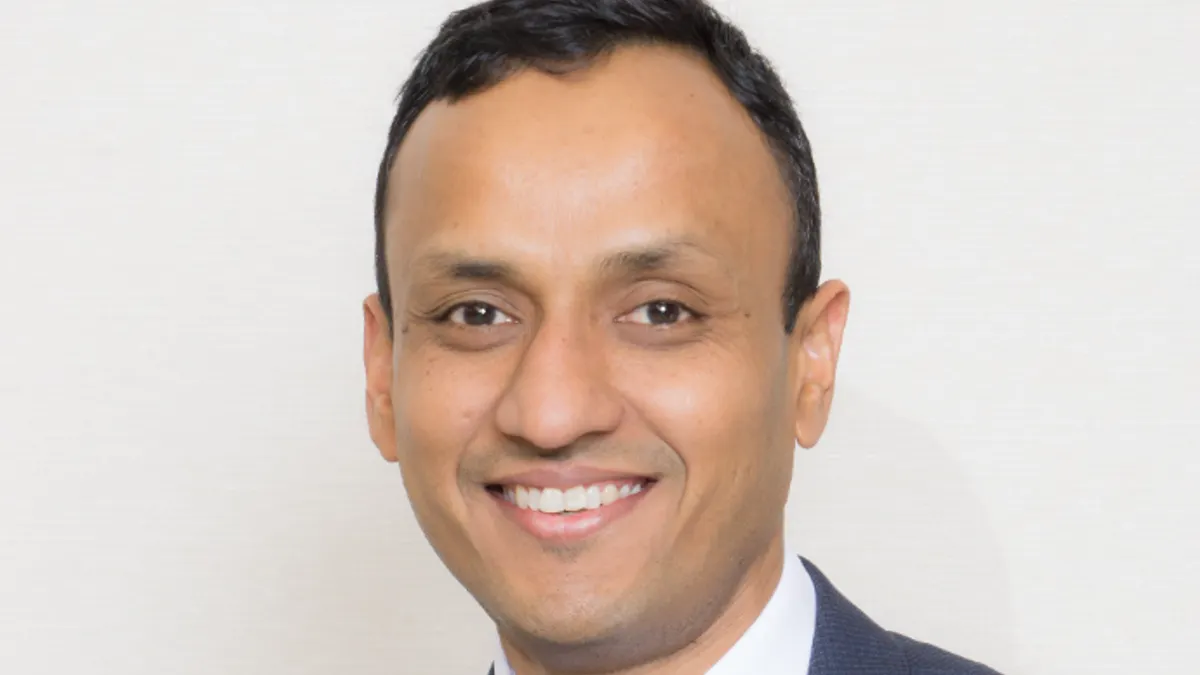In 2016, Indu Navar’s husband, Peter Cohen, experienced the first symptom of what turned out to be amyotrophic lateral sclerosis (ALS), a progressive degenerative disease commonly known as Lou Gehrig’s disease.
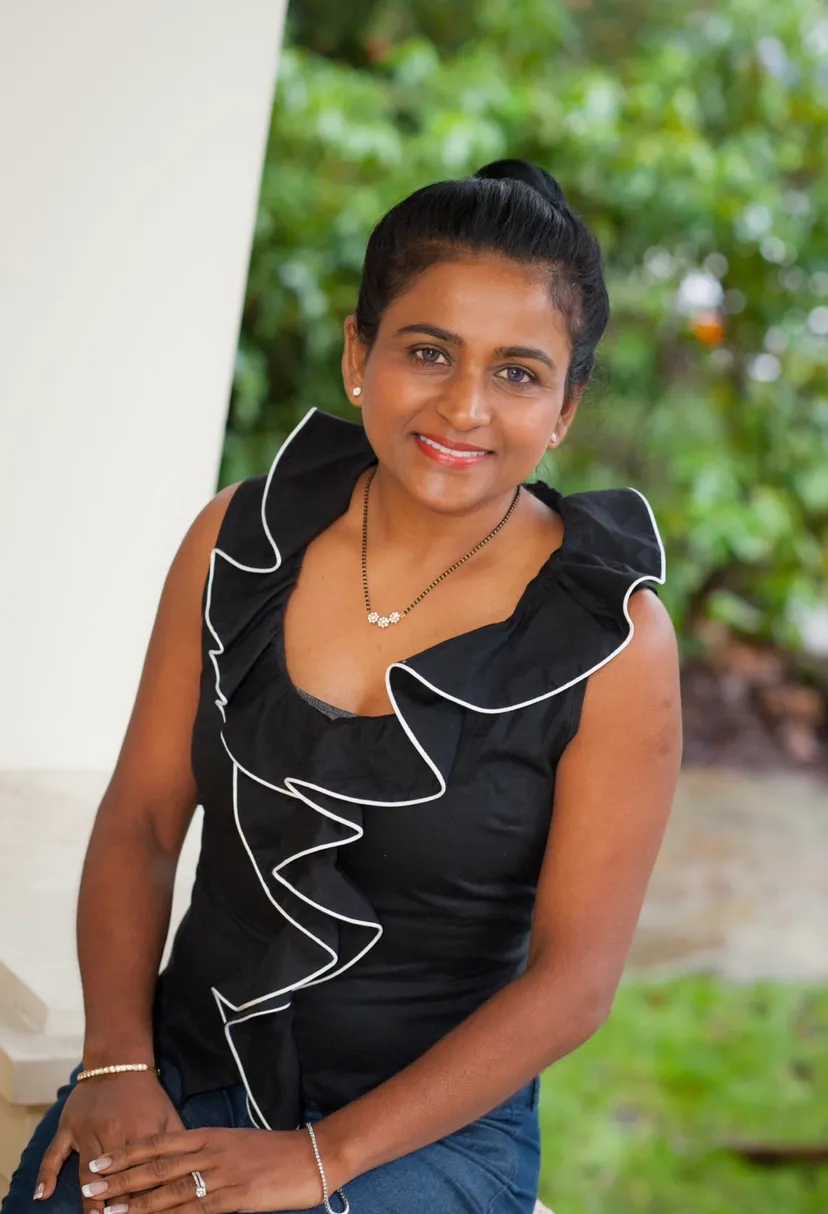
“His foot was just acting weird,” says Navar, who founded the California nonprofit EverythingALS two years ago. “We didn’t know where to go, so we went to a chiropractor,” she says.
From there they sought a spine specialist and then finally a neurologist. But an answer was still elusive. They were told to come back in nine months.
“What we heard was it could be anything from a fatal disease to something very simple that will just go away. We don’t know, we’ll just have to wait and see.” Navar says.
Ultimately, it took about two and a half years from that first symptom until Cohen got his answer in 2018. At that point his condition had deteriorated substantially, Navar says. He died in August 2019.
“This disease is death by 1,000 cuts. You live with the fear in your loved one’s eyes every day. My husband used to say ‘I’m not scared of death, but I’m scared of the process of dying,’” she says.
This lengthy and frustrating ALS diagnosis process is not unusual, says Navar. On average, ALS patients wait a year to 18 months to find out what’s causing their symptoms. By the time the diagnosis is confirmed, the damage to their body is often extensive.
Navar is now on a mission to change this fate for other patients through EverythingALS, which is part of the Peter Cohen Foundation. The organization has not only become a resource for ALS patients, but is funding research into technology and data science to develop better tools for diagnosis.
The tech world was familiar ground for the couple. Navar, is an electrical engineer turned tech entrepreneur, and Cohen a founding team member of Amazon Web Services, who helped build Amazon’s Cloud and Amazon Mechanical Turk, a crowdsourcing marketplace. So, it was a natural choice for Navar to draw on her background to speed ALS diagnosis from years to months, giving people with this devastating condition a better shot at a more hopeful outcome.
“This disease is death by 1,000 cuts. You live with the fear in your loved one’s eyes every day. My husband used to say ‘I’m not scared of death, but I’m scared of the process of dying.’”

Indu Navar
EverythingALS founder
Searching for answers
Today, ALS is diagnosed through a clinical examination and methodical testing to exclude other conditions — a frustratingly broad and varied group of potential ailments that can include everything from vitamin B-12 deficiencies and thyroid disease, to cancers and autoimmune diseases. As many as 15% of people receive a false diagnosis of ALS, and 40% of people are initially told they don’t have the disease when they do.
“One of the big problems is we have no ability to catch it, say at stage zero or stage one as with cancer. It’s like trying to treat people with cancer and catching them at stage four,” Navar says.
ALS often progresses rapidly, giving patients a two-to-five-year life expectancy after the first symptoms arise. By the time they are diagnosed and can enroll in a research study, they may already be in the last few months of their life, she says.
EverythingALS’ research initiatives, which are being carried out in collaboration with Massachusetts General Hospital, University of Texas at Austin, The Massachusetts Institute of Technology and Google, hope to give doctors and researchers improved diagnostic tools.
One of its studies has been running for 14 months and uses advanced computational technology to analyze speech patterns and facial movements of people with ALS. People participating in the trial record audio and video of themselves speaking a prescribed set of words and sounds in 20-minute weekly sessions. The recordings are analyzed to track changes, which then allows the tech to pick up subtle indicators of disease.
“We're able to see some changes in the speech before anybody reports that they can actually hear the changes,” Navar says.
A new study, which is currently working to enroll 100 participants, is looking to build on that original initiative.
“We're also putting sensors in shoes. So that we can track the gait, the balance changes and also breathing at the same time,” she says.
The plan is to use this data to provide an objective alternative to the current process of tracking disease progression — subjective self-reported questionnaires.
“Our goal is to really come up with a clinical endpoint that can be used in clinical trials right now,” she says.
Earlier answers, better results
Getting an earlier diagnosis can potentially boost outcomes and give more people the opportunity to participate in clinical trials. Having the ability to better track disease progression, she hopes, can also accelerate drug development. The ALS drug market is already burgeoning. In 2019 it rang in at $274 million, but is expected to grow to about $440 million by the end of 2026. There are a handful of approved drugs for ALS but with improvements in treatment needed, numerous more candidates are in the industry’s pipeline. The results of five major trials for ALS drugs are expected this year alone.
If the diagnostic tools they are testing were available to Cohen, Navar says it could have changed the course of his disease.
“He would have been diagnosed in three months and he would be alive today. That’s my belief,” Navar says.
While ALS is the foundation’s primary focus, Navar says they are also looking to use the tools they develop for other conditions including Frontotemporal dementia and Parkinson’s disease. EverythingALS’s research findings will also be accessible to other researchers and they are also working to build collaborative partnerships with pharma companies.
“What we're doing is open science, open innovation,” Navar says.
The work, Navar says, has also given her a means of keeping Cohen’s memory alive and honoring his life’s work. Taking action against the disease using technology that Cohen helped build motivates her to move forward.
“I believe very strongly that I have been given this purpose for a reason,” Navar says


